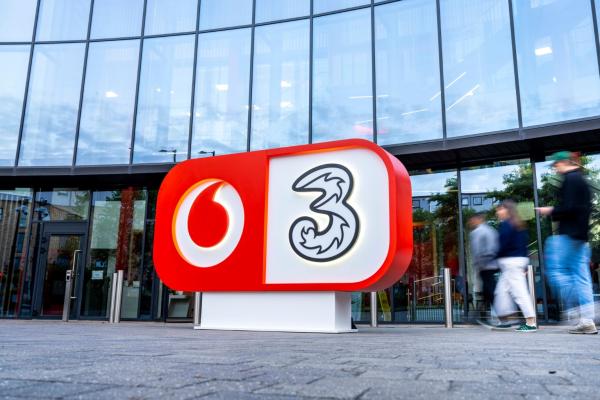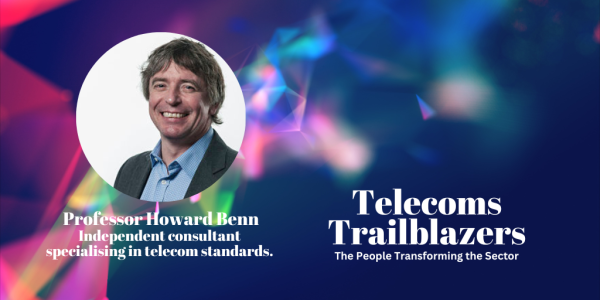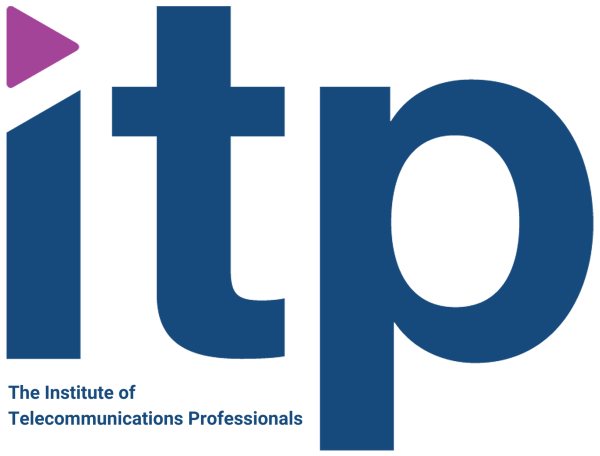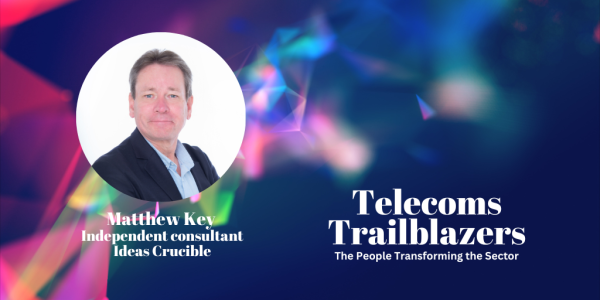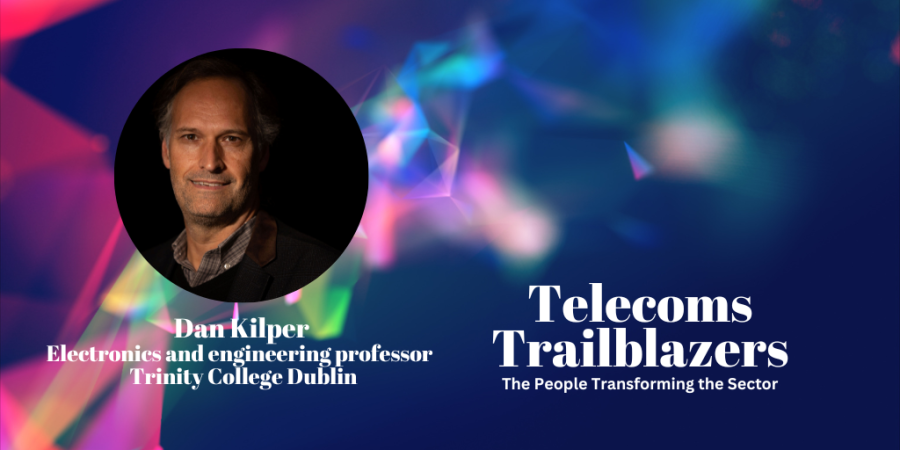
Hello, I’m Dan Kilper, an electronics and engineering professor at Trinity College Dublin. I am also the director of the CONNECT Centre, a large multi-university research centre funded by Research Ireland that studies future networks and communications.
Connectivity is the key fabric connecting our society. Telecoms connects people, businesses, and governments, which makes it fundamental. We use networks for things we never imagined, including our local traffic systems and health infrastructure.
Yet the sector is facing many challenges, and now, more than ever, we need the technology to be safe, sustainable and secure. That’s where research – and the CONNECT Centre – comes in. To access the value of networks, we must keep innovating. The relationship between academia and the industry is also critical: telecoms is one of the two facets of digital infrastructure, computing and communications, a technology that is evolving exponentially. But how do we maintain this scale of growth over time?
Trinity is involved in several European Commission Projects and the Smart Networks and Systems programme, tailored to innovate new technologies for the next generation of telecoms. We are leading a project called 6G-XCEL, collaborating with various universities and companies across Europe and the US to lay the groundwork for AI and 6G. How should AI be embedded in telecoms networks? That’s the question we’re asking – and at the moment, it’s very open-ended.
What do you enjoy most about working in this space?
I love to learn, and I’m constantly learning with telecoms, whether that’s the basic physics of new devices, fibre optics or telecoms applications such as how networks are used within communities. You can’t just throw an application out there and hope it will be adopted. You have to listen and learn about complex technical, economic and social issues and their interplay–so there’s always new things to learn..
What’s the most ridiculous thing you’ve done in the name of work? For a conference, I travelled to Jaipur in India and rode on the back of a camel with a group of my colleagues.
Where do you see telecoms heading?
I teach a first-year engineering class, and we introduce them to the key technologies for engineering experimental practice, where I explain that the internet will have to be reinvented over the next 20 to 30 years. The mechanisms we have used are running out of steam, reaching physical and practical limits to their performance and scale.. We will have to move to a new approach with new and more sustainable technologies, which will be a difficult but exciting time for telecoms research and development.
What would you like people to know about your work?
People associate the telecoms industry with telephone systems; they think telecoms is dry and boring. But many don’t realise that generative AI could not exist without telecoms, without today’s advanced network. Telecoms is constantly evolving and providing new capabilities that enable new applications like what we see happening in AI.. We need to be intentional about telecoms to enable digital applications to move forward and to find solutions that contribute to global sustainability..
Why is a vibrant, flourishing telecoms ecosystem important for the UK?
It’s absolutely essential. The future is digital, as we know. The transformation has been happening for some time, and it will continue. Telecoms is how you access digital infrastructure and deliver its services, applications and value. Advanced technology reaches almost every aspect of society in the UK, and the UK will benefit tremendously from being at the forefront of the telecoms sector.

